Silkeborgs Portuguese defender: ‘Large leagues more and more interest in Super League’
Pedro Ganchas is in his first season with Danish side Silkeborg and admits that he is pleasantly surprised by the level of competition he encountered. In an interview with FlashScore, the Portuguese defender also highlights three young talents that in his opinion deserve the attention of the international market.
There are cases when looking inside and realize that it is best to make a step back and reorganize your ideas. That’s exactly what happened Pedro Manchas.
After four years in BenficaThe defender decided to separate the offer to stay with the eagles and returned to the starting point, “His” Carregado, where, under the two years he realized that it was not a place for his future.
However, however, he is in DenmarkPlaying for SilkeborgIn league surprised him “Much” in a positive way.
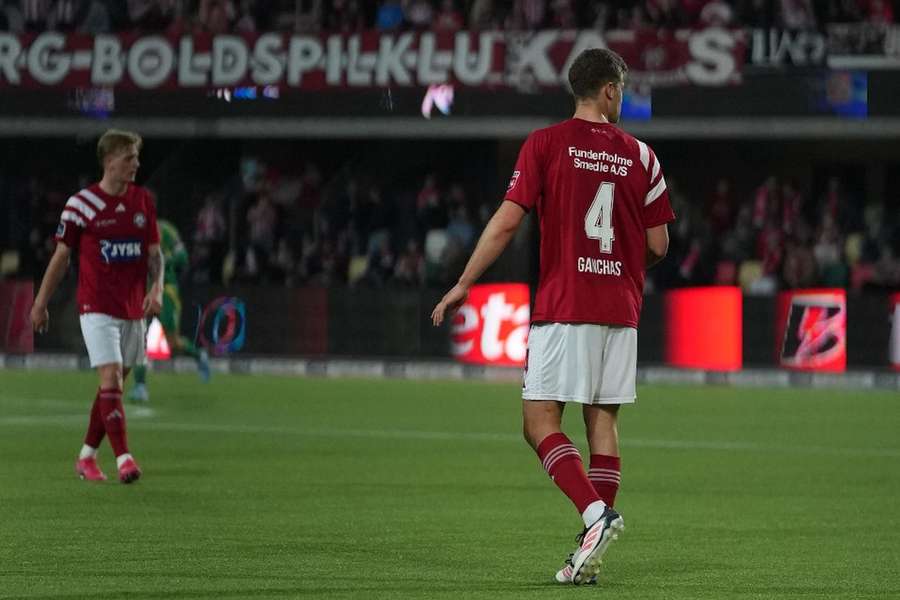
“I was very surprised when I arrived in Denmark”
– How’s the experience going in Denmark?
“On a personal level, I would say things are going pretty good. I had some doubts, when I accepted the offer to come to Denmark, because it is not a league not following Portugal And it’s a little on the outskirts of European football. So there was a certain lack of knowledge and insecurity. But I was very surprised when I arrived.
Until December break, as a team we were in the top six and in the semifinals of the Cup. I played in every game, so it was looking for a very interesting season. However, in February, when we continued in competition, things were not in the same way and we finished the expulsion from the first six.
Since then, we have been trying to recover and our goal is to reach 7. place, which gives us access to the playoffs for the European competition. With about a month to leave, my estimate is very positive – she exceeded my expectations.
– What can you say about the Danish League?
“I think what the most asking the players is their athletism. Culturally, they are very active people – even in the cold, they have a habit of cycling and running in the field, reflected in the intensity of the game.
Portugal recently played Denmark and that was obvious, especially in the first game. In terms of tactics and methodology of work, we (Portuguese) we may be among the best in the world, and here you can see that there is no so much focus on those details. The game becomes faster, more broken, with a lot of chance to achieve and, as a result, there are a lot of emotion around the game. “
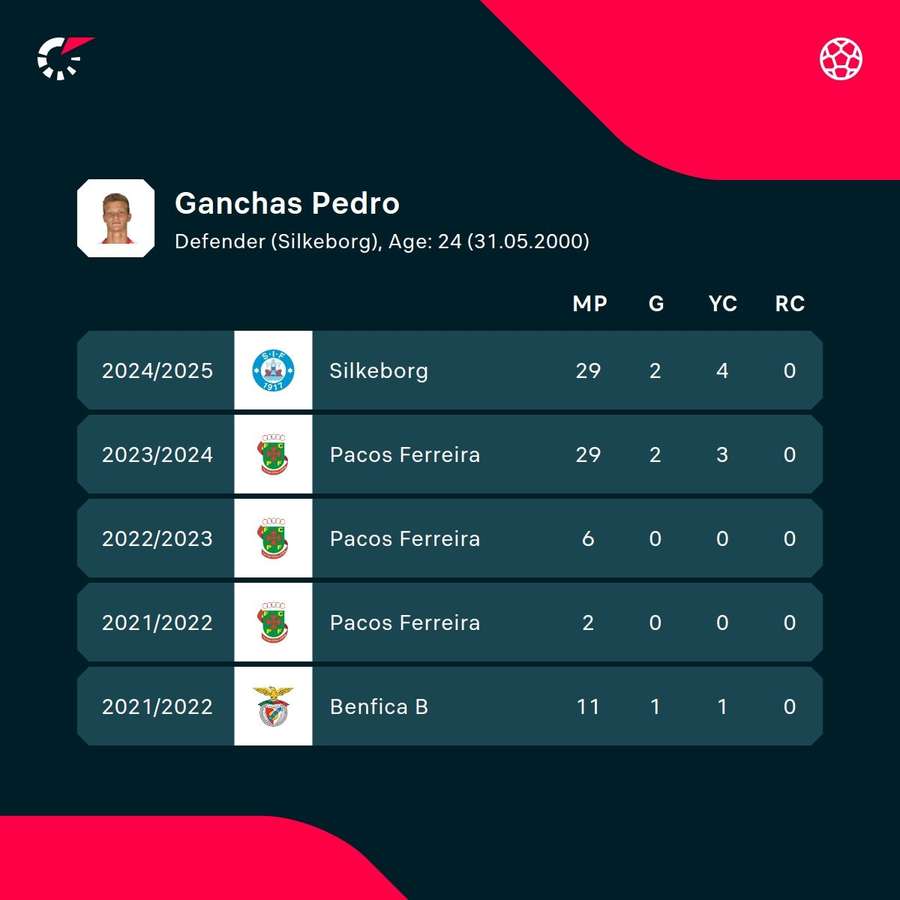
– What impact did he have on your game like a defender?
“It was important to me to develop in that aspect, so that I could be at a level that requires a level.”
– Nordicians are often seen as more booked people. Do you agree with that?
“They are reserving people, maybe under the influence of the climate. Most of the year is pretty cold without a little cold, and that Portuguese wants to go out on the streets for both days. The climate pushes them to stay indoors to be family.
But when it comes to relations with others, they are very open and always willing to help. From my teammates staff, they were flawless with me and they made me very easy to fit in. Outside the context of the club, it is a little harder to hang out, but it is natural considering culture. “
– Why did you decide to go to Silkeborg and how would you describe the club?
“It was one of the things I analyzed: Why do I, why in the neighborhood, in the neighborhood, in words. It is not a club with a culture that he had applied because they want to invest in the Portuguese player.
The second question was a synthetic burden. I didn’t play on a synthetic lawn since I was 17, and that put me down. But these fears almost completely disappeared when I arrived here. I haven’t had a problem at all.
The club really surprised me with the way he runs. Everything takes it seriously, they have a well-defined project plan and is clear to follow this strategy consistently. They managed to develop players and make good sales – which is impressive for the reality of this league. The financial component combined with the possibilities of the player project, is very well developed.
– They sold (Olivera) Sonne in Burnley, who just went to Premier League. This shows that, although it is peripheral league, people pay attention to what is happening in Denmark.
“Football is becoming more globalized and recognizes the value in which there is a value in recent years, the Denmark League has gained more visibility, mainly due to sales. The first five leagues are addressed and clearly viewed on the Danish league.
– How are the footballers in Denmark?
“People don’t look at the footballers in Denmark as we work in Portugal. The players are often idolished, and from the fan, but that the coach and organization was reported, but I would say that I lived to expectation.
– How’s your life in Silkeborgu?
“I am a quiet person, I’m not a football player who deals with a lot of adventures and luxury. Tiran is also a very beautiful city. Of course it’s an hour.
– What are you hoping that this opportunity will give you in terms of the future?
“When I left Portugal, it was to get experience abroad, without having a clear idea of reality football outside of Portugal, as I have been in this final level. Without deceiving. I have no in mind. I have no in mind.
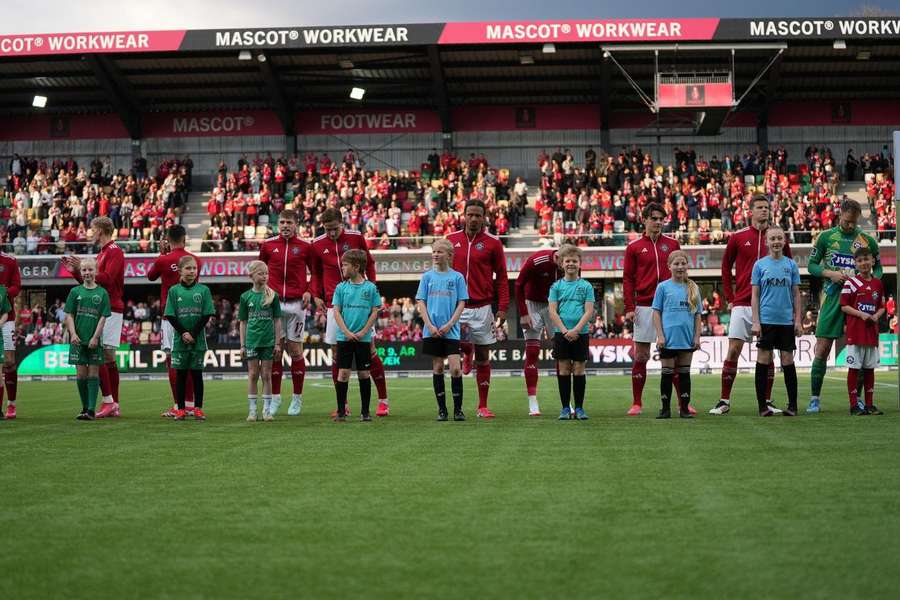
Next harder or Schjelderup: “From Copenhagen is a child …”
– With players like Gyökeres, WheelHarder, Dahl and Scheljderup, are you surprised by the Portuguese football growing focus on the Nordic market?
“In addition to the physical component, I was surprised by their technical level. In Portugal, so I am not surprised that there is a very stronger focus on Nordic League. The factor that can be established in the determination of the success in large leagues, but also life style.”
– Using your analytical eye, is there another harder or hjulmand that could be considered for the Portuguese club?
“It’s hard because, for example, Hjulmand played still for Lecce and Gyökeres played in the championship and had different experiences. But in case he is in Scheljderuu, crossing.
“However, I can give you one or two names … There is a child from Copenhagen, Victor FroholttWho is excellent and is invited to a higher squad. There is also a young man from Aalborg, number 8(Melker Widell) and the other who plays in Lyngby and carries number 22(Peter Langhoff). These are children with lots of potential, but it is difficult to predict your future because it all depends on club plans and they want to help them grow. “
– Looking at another very important aspect of football: fans. Do you experience this phenomenon a lot in Denmark?
– It’s a big difference in Portugal. In Portugal, we live a lot for big clubs, it is difficult to find a fan that supports the Estoril, not a large club. That doesn’t happen here. There is great competitiveness and people very support their local club. There is humanistic culture, with more respect. (…) Silkeborg sits 10,000 people, and our average is 7,000 to 8,000 – a very high average. There is a very strong football culture in each stadium. Even in matches against teams at the bottom of the table, there is a great spirit in football.
– The next game is against Brondby in the semifinals of the Cup. Is it possible to pass to the finals and challenge for the trophy?
“I think that is possible. Last year, Silkeborg won a cup and we have every opportunity to get to the finals. Brøndby is in the home. Brøndby are big, but I think if we do things, we can get to finite.
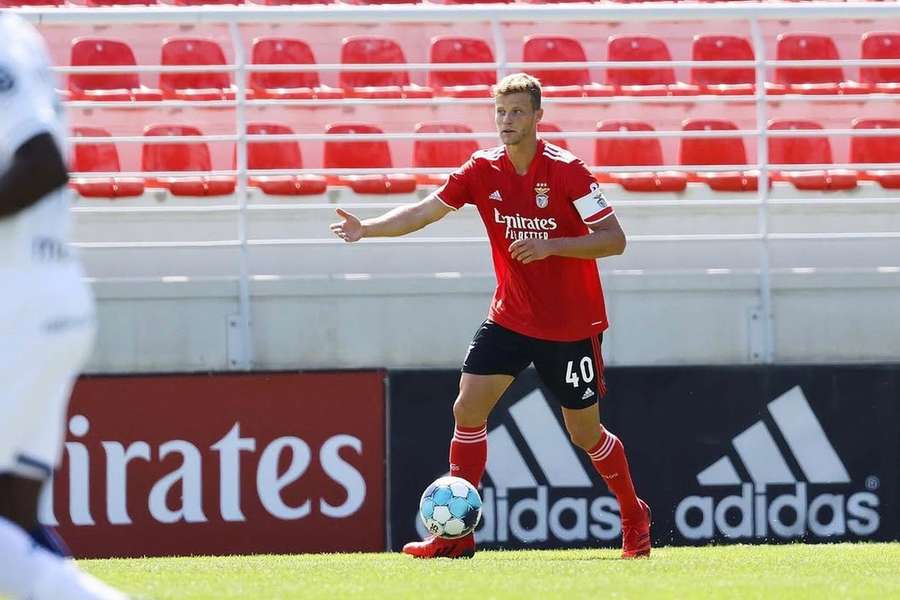
– The decision to leave the Benfike shows a lot of maturity. I would like to know when you realized that you could be a professional football player?
– There are two phases. In the first, when I left, many people did not understand my decision. I was at the place where many would like to be, and they were wondering how I would give it. But at that moment I wasn’t comfortable and I don’t regret that I don’t regret at all. It was a real decision. Then there was a phase, when I returned to the Quarter and realized that, at that time it wasn’t for me and I wanted to go back to another level. It was a change of mentality to understand what I was supposed to do to get back to that level. These were two important years. When I returned to Benfica, I already had a professional contract and I started looking at things in a different way.
Now I would say that it was in my second year as younger than 23 I really started to believe I could earn from football. Then I felt that things were going well and I could do in the B team. There is always regret that I didn’t make a team, but at the time it was very few options.
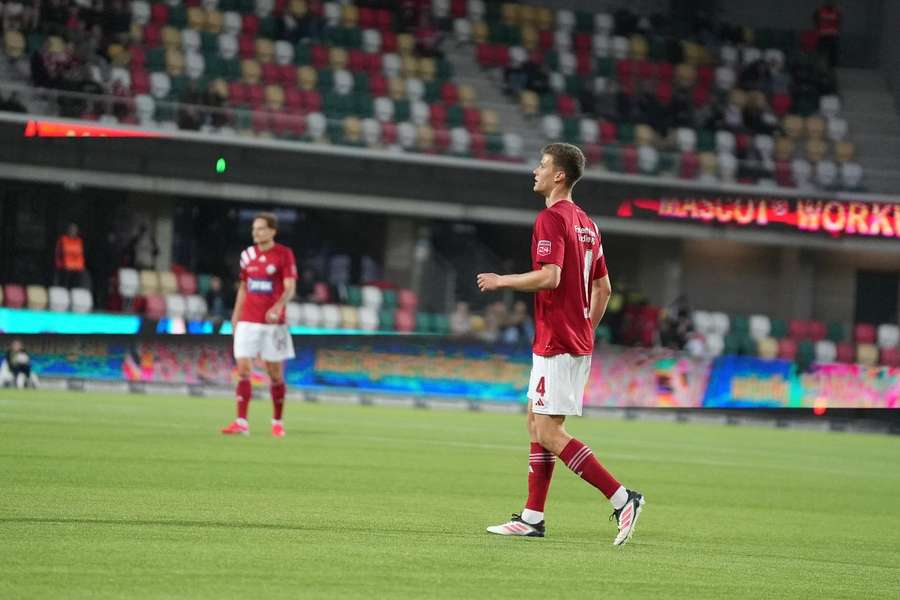
“I don’t see that I’m going back to Portugal in the near future”
– Since you moved to Denmark, did your perception of Portuguese football changed much?
“Perception remains the same, I can’t say it’s changing. Portugal plays very high quality soccer. What don’t happen to be more, which doesn’t happen to the viewers. I keep following him and as I see, even though they can always improve.”
– Are you planning back to Portugal?
“I don’t see I’ll be back in Portugal in the near future, unless I’m not one of the big teams. I’m not saying that it will never happen, but it must be a sustainable project. I would like to continue my experience outside of Portugal.”
– Pedro, what would you like people to say about you the day you decide to end your career?
“To the left, I want to recognize Pedro as a human being. It is a very competitive world, and if I can’t be told, and if he was a fantastic career, getting up the ranking thanks to his professionalism, I think I would sleep easily and clear.”